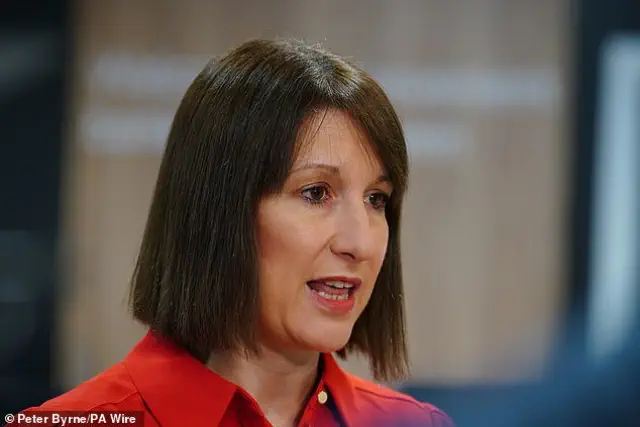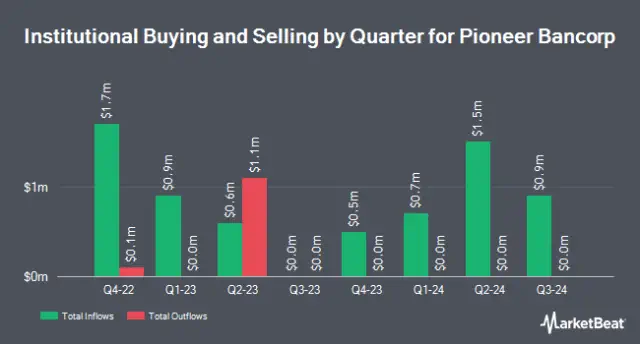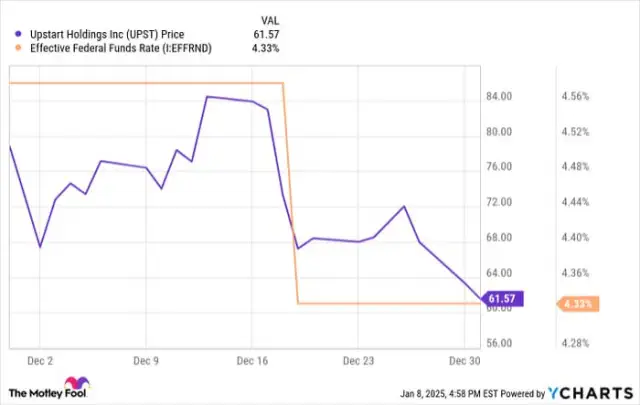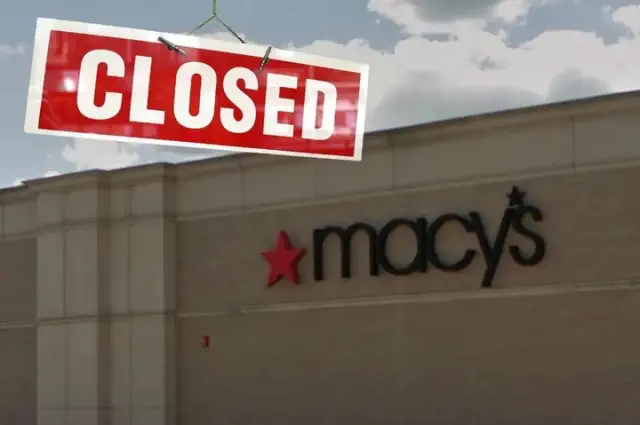The Labour Party are planning on axing billions of pounds worth from disability benefits in order to calm its debts crisis.
Downing Street is said to believe that significant reductions are needed in the welfare budget, namely from personal independence payments (PIP).
Yesterday, the pound experienced a significant decline in value compared to the dollar, while the Government's borrowing costs surged to their highest level in 27 years.
There have been alerts indicating that if the escalating crisis persists, it may impact mortgage rates.
Now, Chancellor Rachel Reeves is said to have made it clear to the Treasury that she wants to get “tough” on spending - meaning cutting areas in unprotected departments - rather than considering new tax rises, the Telegraph reports.
The yearly expenses for support payments to individuals with disabilities and health issues are projected to rise from £22 billion to £35 billion by the year 2029.
Former Treasury select committee chairman Harriet Baldwin accused the Chancellor of ‘fleeing to China’ after realising ‘she is the arsonist’ with the economy.
She stated to the Mail: "The Chancellor must own up to the continuing consequences of her Budget decisions and come back to address Parliament."
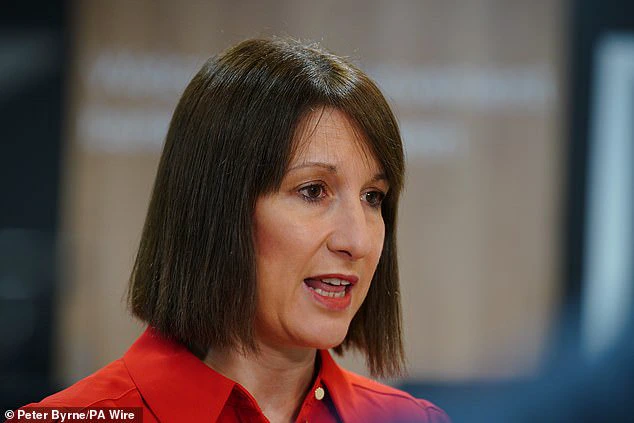
View pictures in App save up to 80% data.

View pictures in App save up to 80% data.
Liberal Democrats leader Ed Davey stated: "Rather than traveling to China, the Chancellor must promptly appear in the House of Commons to revoke her detrimental jobs tax and present a genuine strategy for economic growth."
In an unexpected turn of events, the Treasury released a public statement on Wednesday, aiming to reassure the markets that the Chancellor's dedication to her fiscal rules was 'unwavering' and that she would uphold a 'firm control' over public finances.
According to Treasury sources, she is preparing contingency plans for emergency spending reductions in the event that a new forecast from the Office for Budget Responsibility in March indicates she may violate her own debt regulations.
Treasury Chief Secretary Darren Jones, who stepped in for her in the Commons yesterday, reaffirmed the dedication to the fiscal regulations and indicated that spending might be tightened if rising borrowing costs jeopardized the stability of public finances.
Mr. Jones downplayed the importance of the recent market upheaval, stating that it is 'typical for gilt prices and yields to fluctuate amid broader shifts in the global financial landscape.'
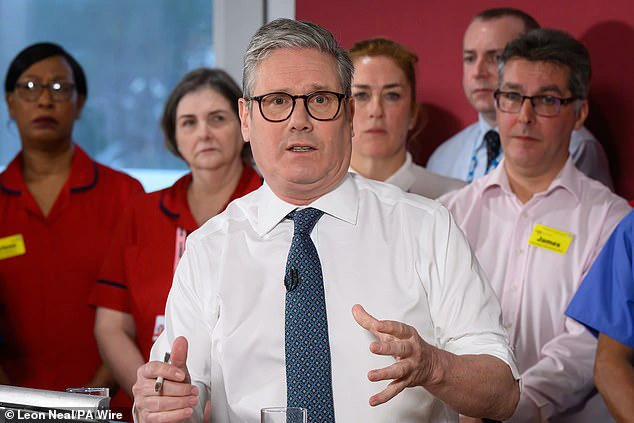
View pictures in App save up to 80% data.
He supported the Chancellor's journey to China, characterizing it as 'a significant trip for trade and investment in the UK's economy'.
On Wednesday, the pound slumped close to $1.22 versus the US dollar, the lowest level since November 2023 – adding to sharp falls the previous day. One City analyst joked that sterling’s slide suggested it was becoming the ‘Great British peso’.
Yields for UK ten-year bonds have surged past 4.9 percent, marking a new 17-year peak, whereas yields on 30-year bonds have exceeded 5.4 percent, reaching levels not seen since 1998.
Eva Sun-Wai, a fund manager at M&G Investments, said: ‘The worry is that investors have just lost faith in the UK as a place to put their assets.’
